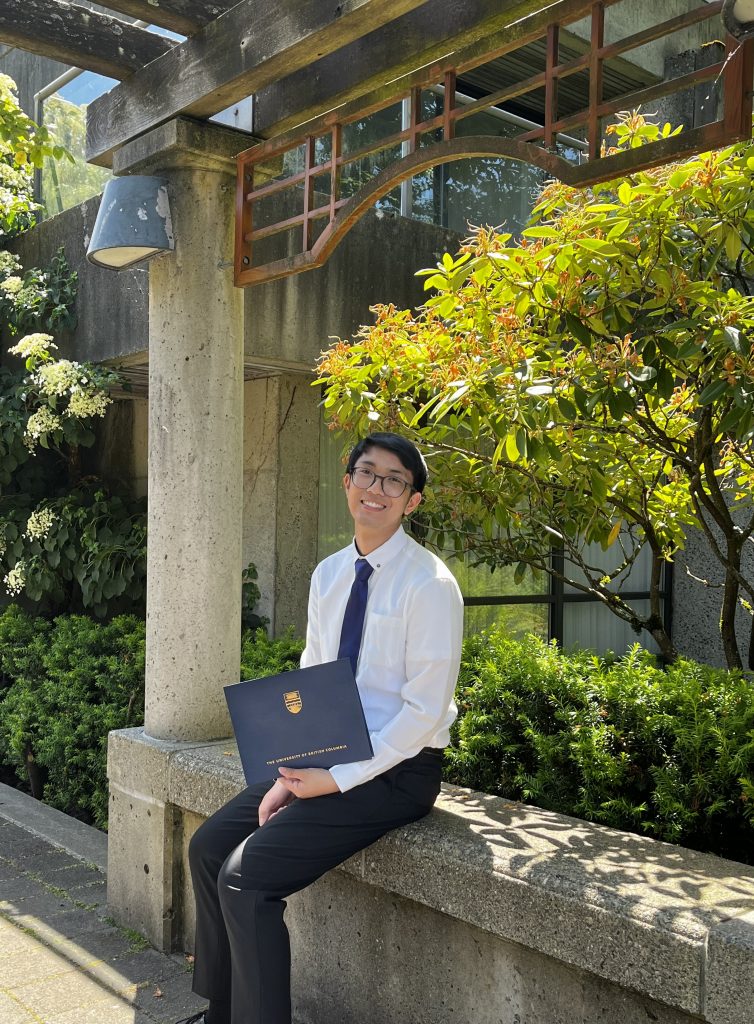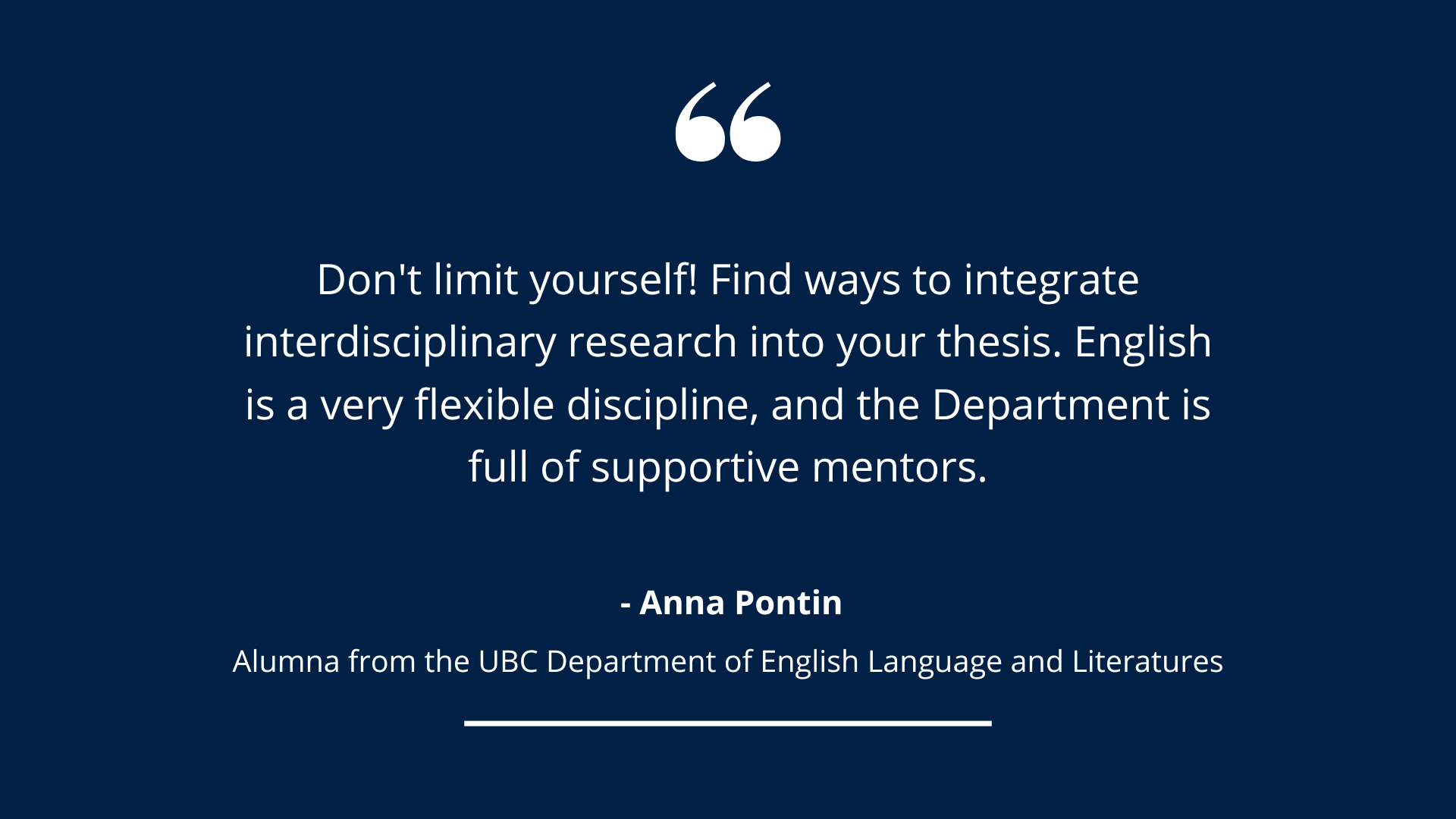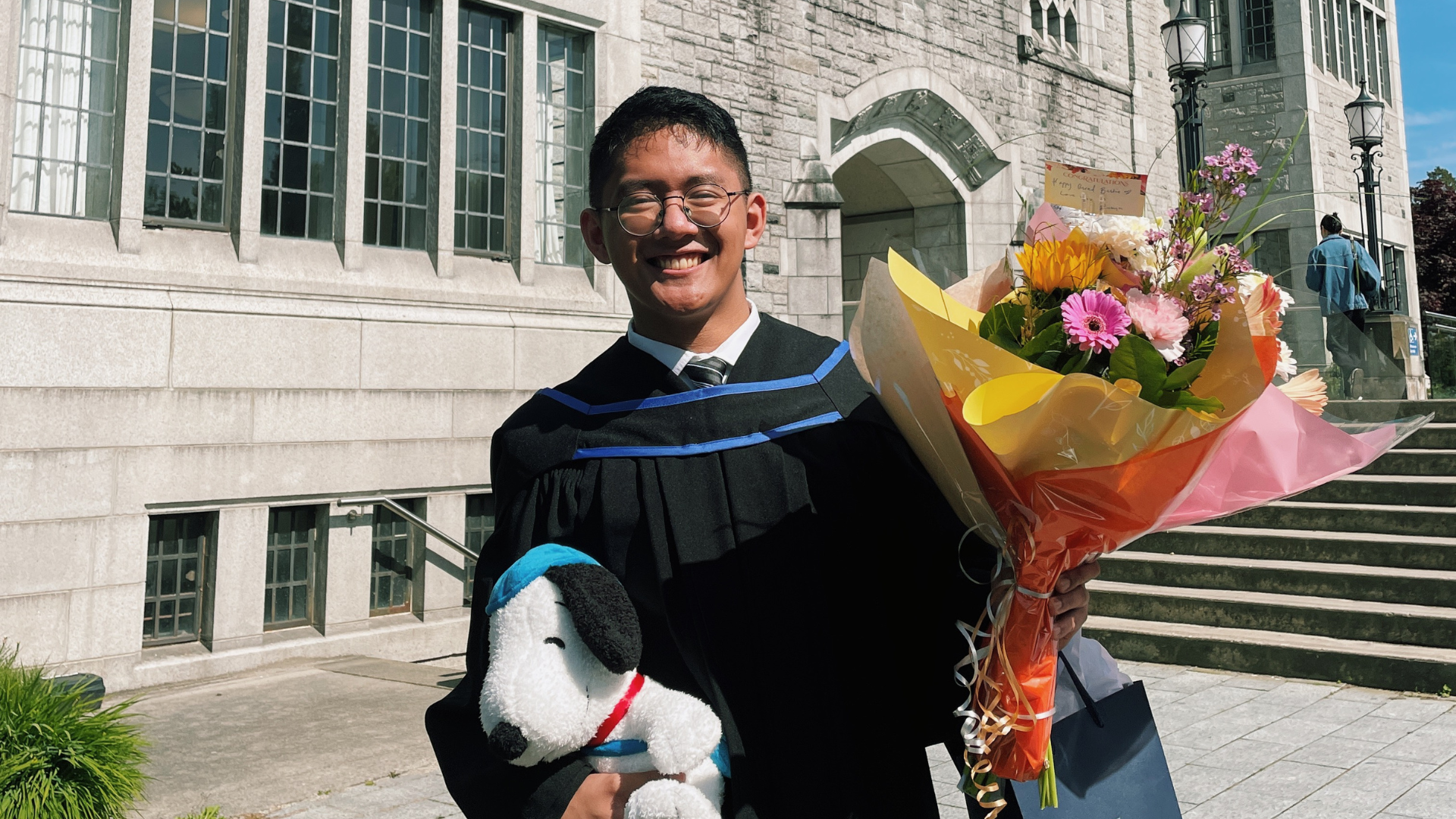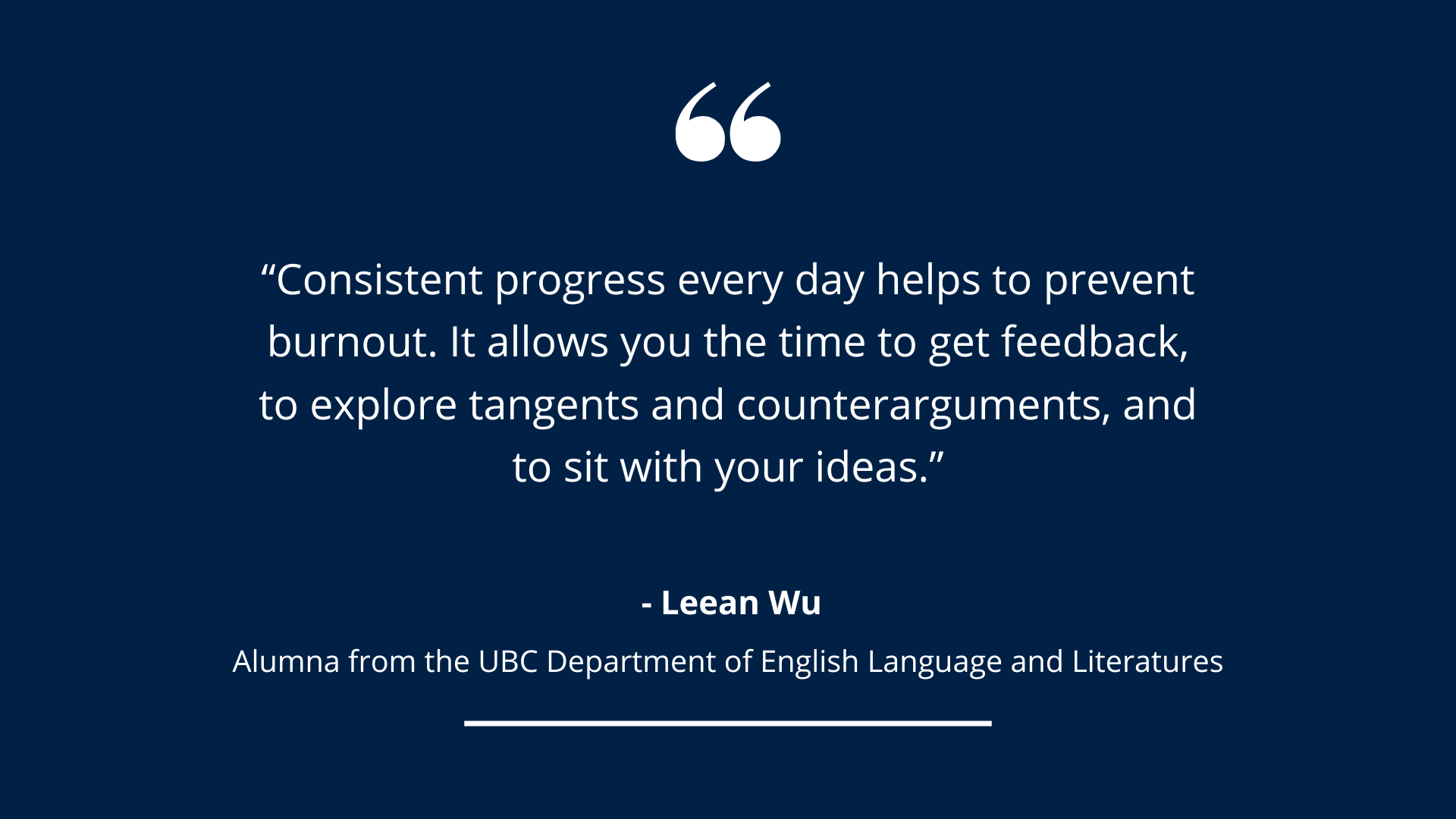Next up in our Honours Student Interview Series is Kevin Lem, who recently graduated with a double major in Honours English Literature and French. In the following written interview, Kevin talks about navigating the thesis research process and immersing himself in queer theory, Freudian theory and Foucauldian theory.
Outside of academia, whenever he is not catching up on readings or helping high school students with their homework, Kevin enjoys spending time in a café, working on his creative writing projects or enjoying a cup of coffee.


What is the title of your honours thesis?
Homosexual “Perverseness”: Queering the Doppelgänger in Edgar Allan Poe’s “William Wilson”
What interested you in this topic? Why did you choose it for your thesis?
When I initially applied to the Honours program, I was already interested in focusing on the Gothic. I was also invested in pairing it with psychoanalytic theory and its exploration of human nature. Regarding my choice of author, I previously studied and was intrigued by Edgar Allan Poe’s “The Black Cat” and “The Tell-Tale Heart.” I would say that when I took Dr. Sandra Tomc’s course on Folk Horror in my third year, the class solidified my choice in focusing on Poe and expanded my knowledge of psychoanalytic theory, ultimately exposing me to a more intensive reading of Freud’s essay “The Uncanny.” From there, I developed an interest in the motif of the double and decided to write on Poe’s famous doppelgänger story, “William Wilson.”
What was your favourite part of the research process?
My favourite part of the research process was working with my supervisor, Dr. Adam Frank, to explore different and more original frameworks that can be applied to Poe studies. This exploration led me to queer theory, where I combined my pre-existing love for Freudian theory with Foucauldian theory to develop an equally psychoanalytic and queer approach to Poe’s work. It was also interesting to see how different scholars interact with each other in their respective articles, and to find out that my supervisor and second reader personally know some of the authors I cited in my research.
Where do you hope to go next with your research or career?
I am currently pursuing a Bachelor of Education at UBC to teach high school English and French. I also intend to continue my research in nineteenth-century studies in graduate school at some point.
What advice would you give to someone who is excited but nervous about writing their honours thesis next year?
I would say that no matter how much you plan for your thesis, it is important to be open to change and to different possibilities. Sometimes, it is necessary to “kill your darlings” despite your attachment to the ideas that you think are perfect for your project. In my personal experience, I had my committee and proposal all sorted out months before my thesis term started, but ultimately ended up having to change supervisors and my initial framework the semester I wrote my thesis. I never anticipated creating such a convincing paper on Poe and queer theory, so I am especially grateful for my supervisor’s advice and encouragement as I let go of my original psychoanalytical interpretation, therefore developing my own nuanced reading of Poe’s works. You never know what life will bring you!


